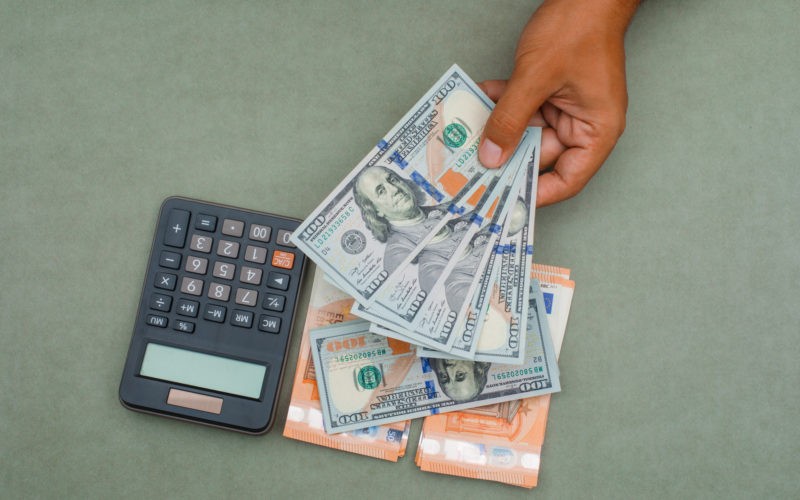If you get injured due to someone else’s negligence, you have the right to get compensation for all your losses, including economic and non-economic damages. In order to ensure that you receive fair compensation, you should consult a personal injury lawyer who will help you throughout the legal process.
One of the major factors in getting a fair settlement is evidence. In this blog, we will discuss why preserving evidence is crucial for your case and how it directly impacts your chances of receiving fair compensation.
Why Evidence Matters in Personal Injury Claims
When you file a personal injury claim, you are telling your side of the story. But words alone are not enough because insurance companies, lawyers, and the courts rely only on tangible evidence to assess your case. Evidence is the backbone of your case, whether you’re involved in a car accident, a slip-and-fall incident, or any other type of injury-causing accident.
Evidence helps establish the following critical factors:
- Liability: Who is responsible for the accident?
- Extent of Injuries: How badly were you injured?
- Damages: What is the financial impact of the injury, including medical bills, lost wages, and pain and suffering?
Without strong evidence, proving these points becomes much more challenging, and your compensation might be less than you truly deserve. Sometimes, lack of proof can even result in your claim being denied outright.
Types of Evidence
Evidence comes in many forms. Some of the most common types of evidence that can strengthen your personal injury case include:
Photographs and Videos
Photographs of the accident scene, your injuries, or property damage can depict what happened. Take pictures immediately after the incident, if possible, while everything is fresh and intact. Your evidence can also include video footage from security cameras or nearby witnesses.
Witness Statements
Eyewitness testimony can be a game-changer. If anyone saw the accident happen, their statements can strengthen your case. Having multiple witnesses who back up your story strengthens your case considerably.
Medical Records
Your medical records are a vital part of your evidence. They show the severity of your injuries, the treatments you’ve received, and how your injuries impact your daily life.
Police Reports
In cases like car accidents, police reports are an official record of what happened. Be sure to request a copy of the police report.
Physical Evidence
Always preserve any physical evidence from the accident spot (such as a damaged vehicle, defective product, or broken sidewalk). It can help your lawyer demonstrate the cause of your injury and the opposing party’s responsibility.
Documentation of Financial Loss
Also, it is essential to keep records of any job-related impacts and other financial losses incurred due to your injury. Pay stubs, tax returns, and any other relevant documents will help quantify the financial toll of your injury.
How Preserving Evidence Helps with Fair Compensation
Let’s discuss how preserving this evidence directly ties to getting fair compensation.
Strengthens Your Claim
The more evidence you have, the stronger your claim becomes. It allows your lawyer to build a compelling case that proves the other party’s negligence and the extent of your injuries.
Deters Defendants from Disputing Liability
If the other party knows that you have solid evidence to back up your claim, they may be less inclined to dispute liability or attempt to downplay the severity of your injury. It can lead to a quicker resolution and prevent you from having to go to trial.
Maximizes Settlement Offers
Insurance companies aim to minimize the amount they pay out. However, if they find you have accurate evidence of fault and injury, they are more likely to offer a fair settlement rather than risk going to court.
Proves the Full Extent of Your Damages
Proper evidence doesn’t just prove liability; it also proves the full extent of your damages. For example, photos of your injuries, medical records, and doctor testimony can demonstrate how your injury has impacted your quality of life. The more you can show how your life has been affected, the more likely you will be compensated fairly for current and future damages.
Conclusion
Preserving evidence is not just one of the steps in the personal injury process but a crucial factor in obtaining fair compensation. Consult a personal injury lawyer to protect your rights and preserve your evidence. This will ensure that your case is as strong as possible and that you receive the compensation you deserve.












